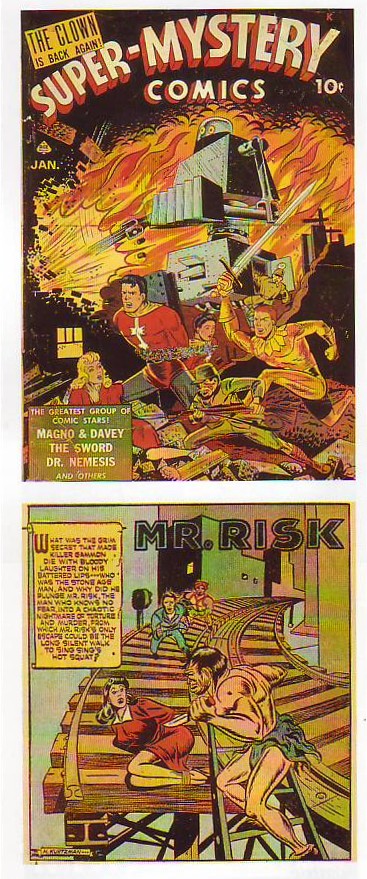 When Dickens worked horrible jobs in his youth one of the few pleasures he had was taking his lunch hour in a nearby theater. The matinee price was low if you sat in the highest gallery with the errand boys and rowdies. If the gallery didn't like what was happening on stage they booed and pelted the actors with fruit from their lunches.
When Dickens worked horrible jobs in his youth one of the few pleasures he had was taking his lunch hour in a nearby theater. The matinee price was low if you sat in the highest gallery with the errand boys and rowdies. If the gallery didn't like what was happening on stage they booed and pelted the actors with fruit from their lunches. Some professional actors were wary of matinees so the management would allow people in the audience to buy the opportunity to play a role. The people who bought their way in were very serious about what they were doing and resented being pelted by the street kids. They always had one eye on the audience and were ready to duck fruit or fight at the drop of a hat. They often made an unscripted aside to the audience as an excuse to come to the front of the stage where they could assess the mood of the crowd.
Some professional actors were wary of matinees so the management would allow people in the audience to buy the opportunity to play a role. The people who bought their way in were very serious about what they were doing and resented being pelted by the street kids. They always had one eye on the audience and were ready to duck fruit or fight at the drop of a hat. They often made an unscripted aside to the audience as an excuse to come to the front of the stage where they could assess the mood of the crowd.Later in life Dickens said the rough and ready matinees were the biggest influence on his work. From live theater he learned the value of frequent surprises and the importance of humor even in tragedies. He also learned that audiences craved big, over-the-top emotion. Even the rowdies would cry like babies if a villain threatened to dispossess a mother and her baby from their home. He adapted to novels the technique of talking to the audience. You see this in Fielding too, maybe for the same reason.
 London must have been something to see in the 1820s when Dickens was a kid. He loved to walk the streets and explore the mysterious alleyways and stairways that disappeared into shadows. The streets were teeming with life and I can only imagine the kind of characters he must have encountered.
London must have been something to see in the 1820s when Dickens was a kid. He loved to walk the streets and explore the mysterious alleyways and stairways that disappeared into shadows. The streets were teeming with life and I can only imagine the kind of characters he must have encountered. In the days before electronic media people cultivated their personalities. You had to carve out a unique identity for yourself and dress and move in a way that underlined that personality. We should do that today. Mild people should be very mild and louts should back slap and wear checkered suits. Stingy people should wring their hands, accountants should squint and earnest people should be well-groomed like Cary Grant. Our goal should be to remake society in such a way that street life will once again inspire cartoonists and filmmakers and writers like Charles Dickens.
In the days before electronic media people cultivated their personalities. You had to carve out a unique identity for yourself and dress and move in a way that underlined that personality. We should do that today. Mild people should be very mild and louts should back slap and wear checkered suits. Stingy people should wring their hands, accountants should squint and earnest people should be well-groomed like Cary Grant. Our goal should be to remake society in such a way that street life will once again inspire cartoonists and filmmakers and writers like Charles Dickens. 
.jpg)
.jpg)







 Here's (above) a more youthful me. That's Kali mugging underneath. Anyway my face was V-shaped in those days and my eyes were somewhat wide open. Gee, I had a big nose and ears even then!
Here's (above) a more youthful me. That's Kali mugging underneath. Anyway my face was V-shaped in those days and my eyes were somewhat wide open. Gee, I had a big nose and ears even then!

 Face#2 (above): If you guessed anger
Face#2 (above): If you guessed anger 






 Then Happy Potter came out.
Then Happy Potter came out. Here's another example: westerns! When I was in high school it looked like western movies were dead. All the latest ones were psychological or had aging stars and depressing titles like "The Last Gunfighter." I'll bet in Hollywood you couldn't give away western scripts.
Here's another example: westerns! When I was in high school it looked like western movies were dead. All the latest ones were psychological or had aging stars and depressing titles like "The Last Gunfighter." I'll bet in Hollywood you couldn't give away western scripts.













